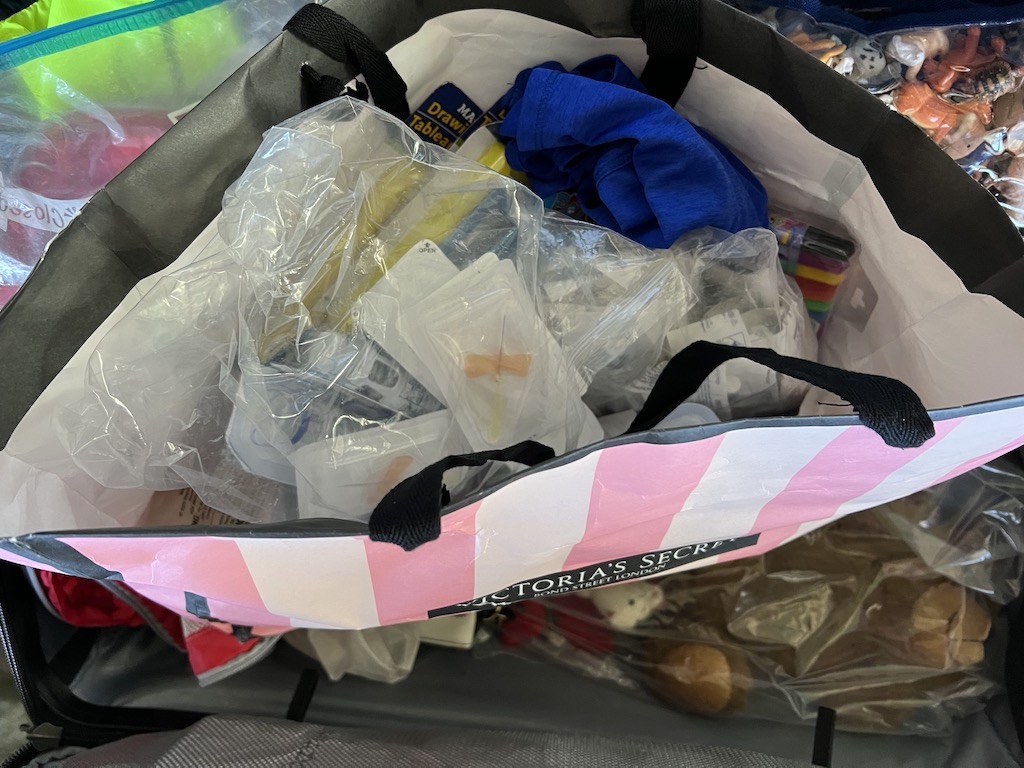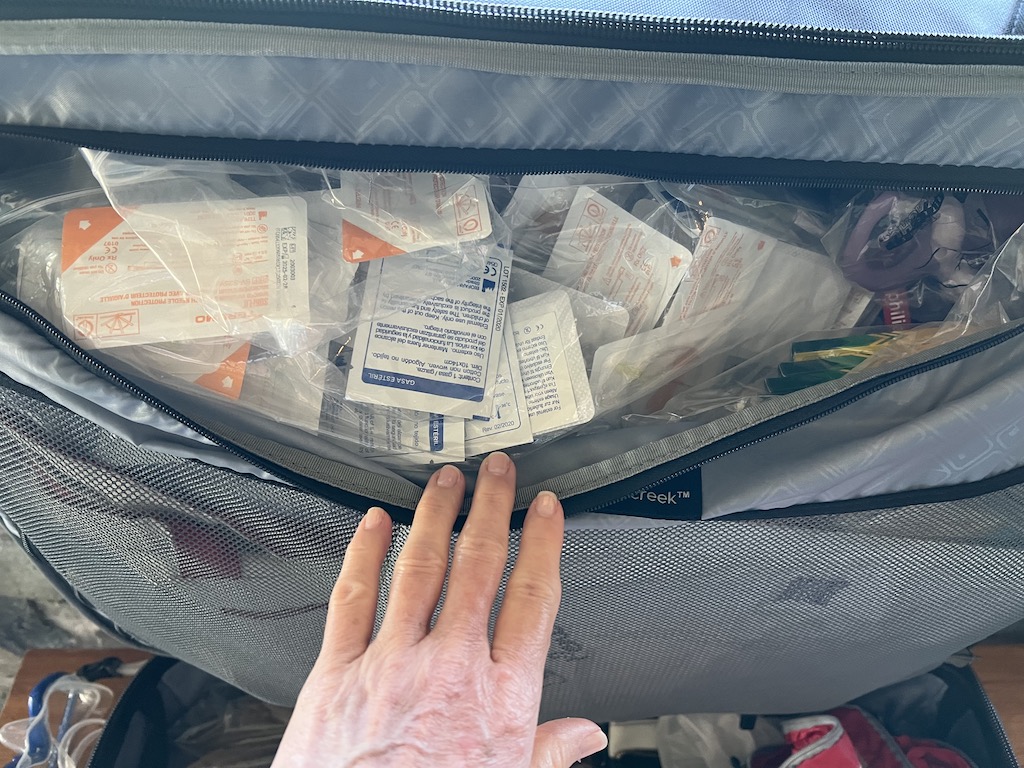
I must have been watching too much Border Patrol on YouTube, a TV show that highlights detainments and inspections of tourists into Australia. It’s really fascinating how they profile people through body language, looking for certain tell-tale signs of nervousness. Australia is tough on controlling substances it allows into the country to protect its fragile agriculture. And to stop the flow of drugs from countries in Asia. And to stop people from entering trying to find work illegally.
It got me thinking, for once in 27 years, that I should declare “pharmaceuticals” on my customs form when I enter a country. Often when I travel to a country where there are known and trusted hemophilia patients, I try to bring some factor.
On this trip, I’m visiting two islands: one does not provide any factor at all for its patients, and one does, but not enough. I brought about $200,000 worth for one country, and about $50,000 worth for another.
And due to what I checked off on the customs form, I got flagged. In the 27 years I’ve been bringing in factor, I’ve been stopped a handful of times only: Pakistan, Russia, Argentina, Jamaica, Haiti. Most customs agents are sympathetic when I say it’s for bleeding disorder patients, and that their country does not buy the needed drugs, and that mine are donations.
But only twice have I ever been “shaken down” for money to allow the product through. This means not legally—as in I’d be fined by the government—but money to go into the customs agent’s pocket. I would never give a bribe for donated factor.
And this customs (I’m not saying which country) is basically a wooden box with a rubber stamp and a bored official with no visitors and too much time on his hand.

“Let me see the product,” he asked. And I opened my suitcase, which also held: a teddy bear, stuffed animals, lots of packages of crayons, some toys, a red ball. “For the kids on the island,” I offered. And lots of factor in a Victoria Secrets’ bag.
I explained about the drug, who it was for, what it meant, but he replied, “Everything has a value. How much is it worth to you?”
I knew immediately what he was saying, but played dumb. “It’s worth nothing. It can only be used by the patients with hemophilia.”
A little stand off ensued, with him posturing, maybe expecting a woman would be afraid of him, and me… smiling.
Just like the shake down several years ago, different country, he waved me through. And our patients with hemophilia are getting their donated medicine.

